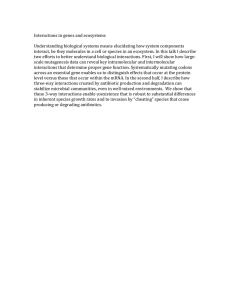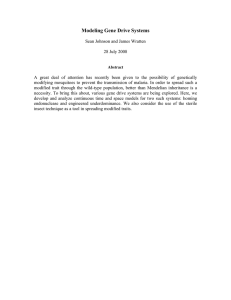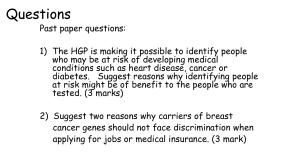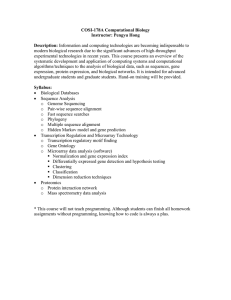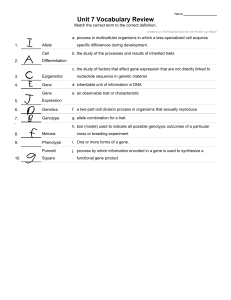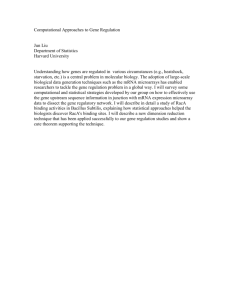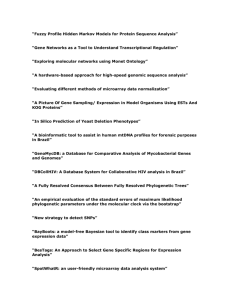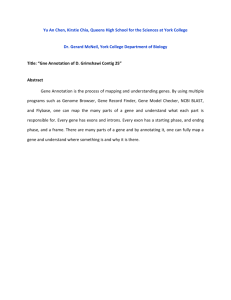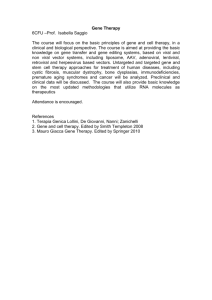Document 10476103
advertisement
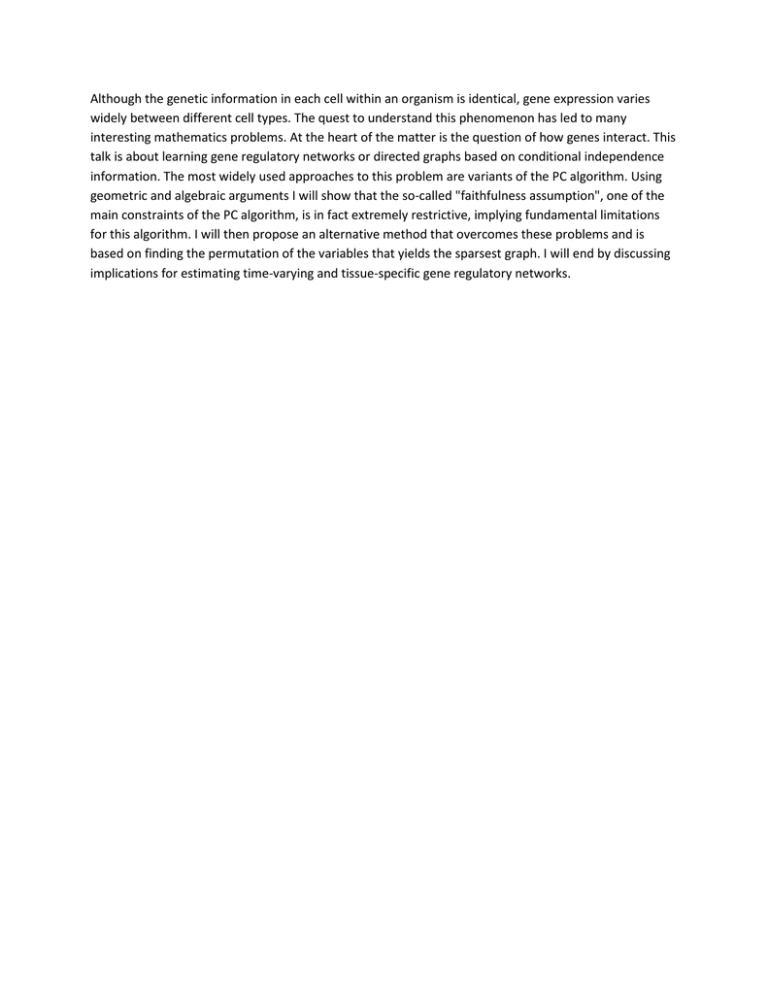
Although the genetic information in each cell within an organism is identical, gene expression varies widely between different cell types. The quest to understand this phenomenon has led to many interesting mathematics problems. At the heart of the matter is the question of how genes interact. This talk is about learning gene regulatory networks or directed graphs based on conditional independence information. The most widely used approaches to this problem are variants of the PC algorithm. Using geometric and algebraic arguments I will show that the so-called "faithfulness assumption", one of the main constraints of the PC algorithm, is in fact extremely restrictive, implying fundamental limitations for this algorithm. I will then propose an alternative method that overcomes these problems and is based on finding the permutation of the variables that yields the sparsest graph. I will end by discussing implications for estimating time-varying and tissue-specific gene regulatory networks.
